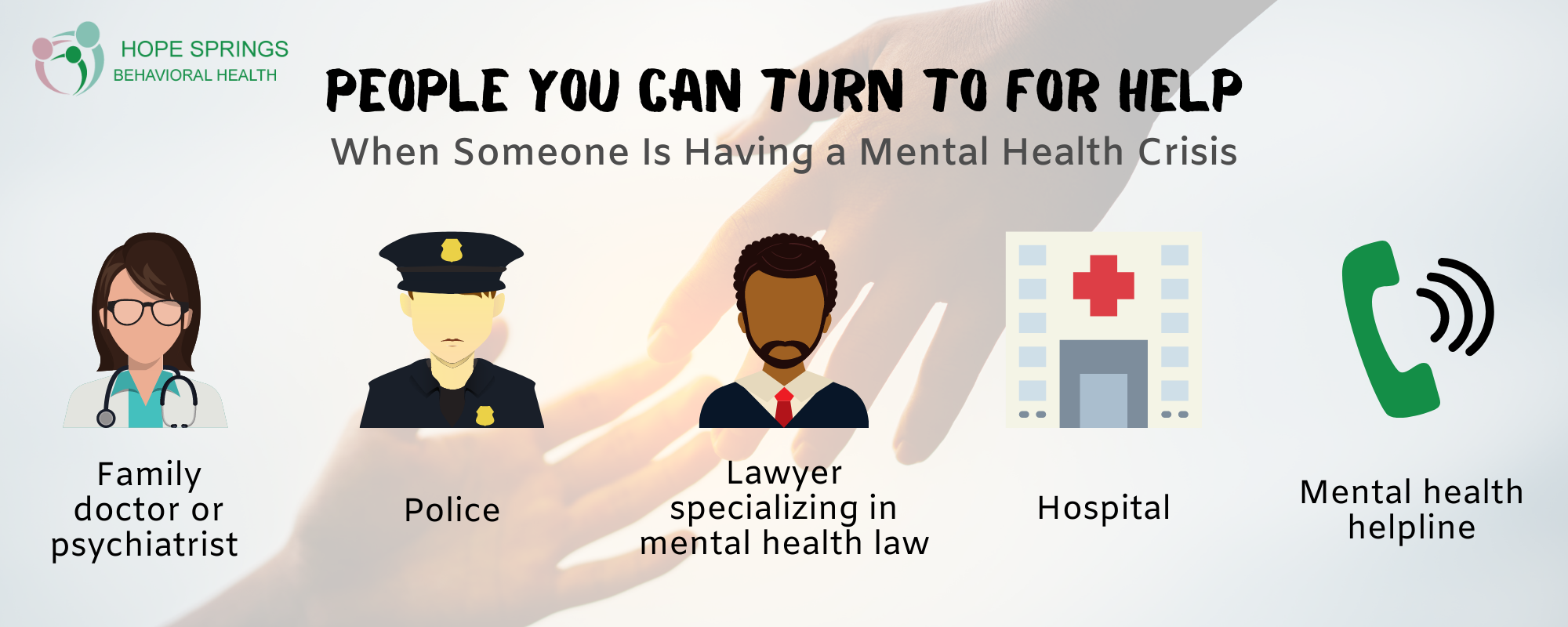If you’re in a situation where someone very clearly needs help for their mental health issues, but seems resistant to do so, you may be wondering: can you get them mentally evaluated against their will? The answer varies from state to state. In Pennsylvania, the short answer is yes — if the person is unable to care for themselves or is a “clear and present danger” to themselves or others.
Deciding to get someone help forcibly is never easy. You may worry about permanently damaging your relationship with the person. However, if there is a significant risk of someone getting hurt, taking action may be the best option.
What Is “Clear and Present Danger”?
The state of Pennsylvania says that the following constitutes examples of “clear and present danger” if in the past 30 days the person has:
- Inflicted, or attempted to inflict, serious bodily injury (either to themselves or someone else)
- Threatened to inflict harm to themselves or others, and has taken steps toward completing these actions
- Acted in such a way that they would not meet their basic needs (food, water, shelter, medical care, safety) without the assistance of others
- Attempted to commit suicide or threatened to and taken steps toward completing this action
How to Help Someone in Danger
If you’ve determined that someone you care about may be in danger, there are several people that you can turn to get them help — even if they don’t want it:

If the person is clearly in danger but refusing treatment, it’s possible they can be mentally evaluated against their will.
Starting the Conversation
If you begin to notice signs that a loved one needs psychiatric services for their mental health issues, starting the conversation early on can improve their odds of seeking treatment voluntarily. Rather than saying direct statements such as, “you need to get help,” consider letting them know that you are worried about them and that you care. This compassion creates a space for them to open up about their feelings or what they’re going through.
You can help someone, even if they don’t want help. Contact Hope Springs Behavioral Health for more information about our therapy services.


